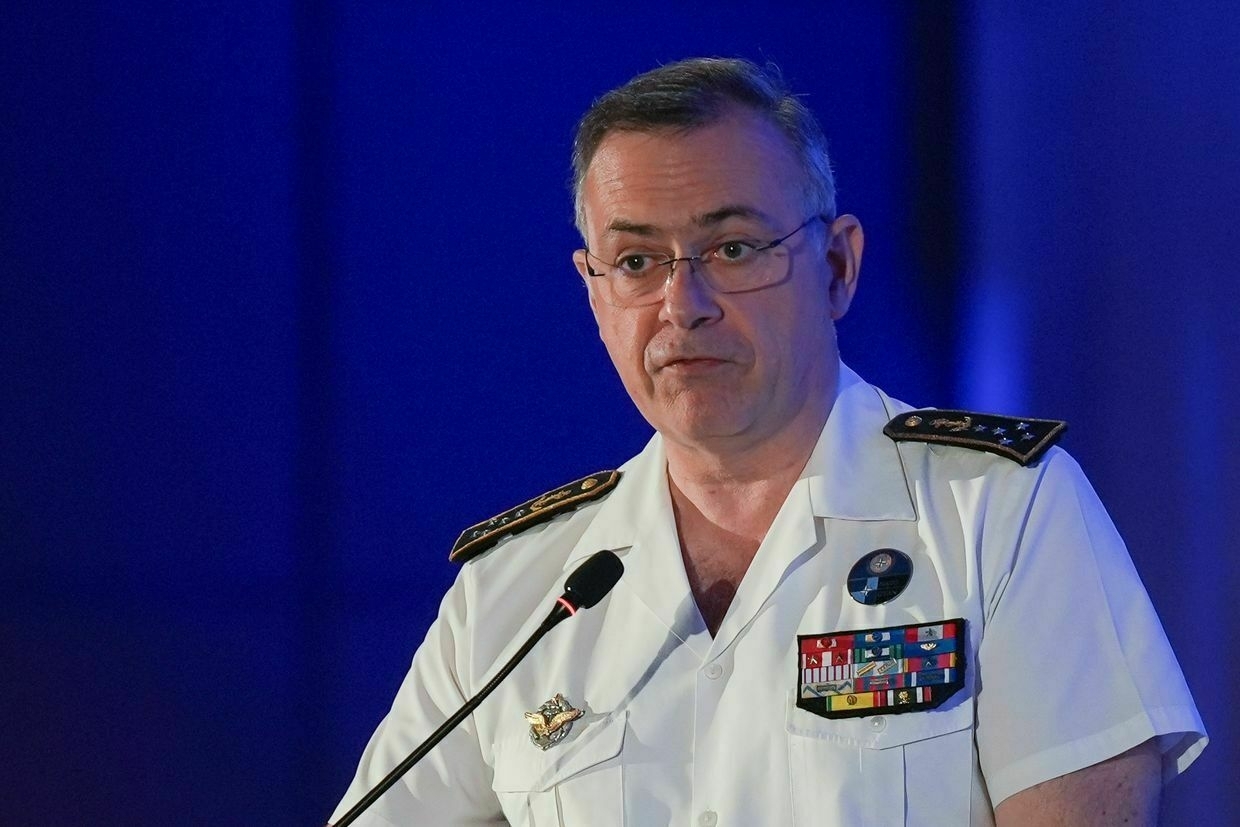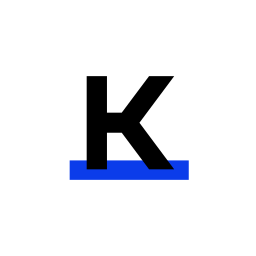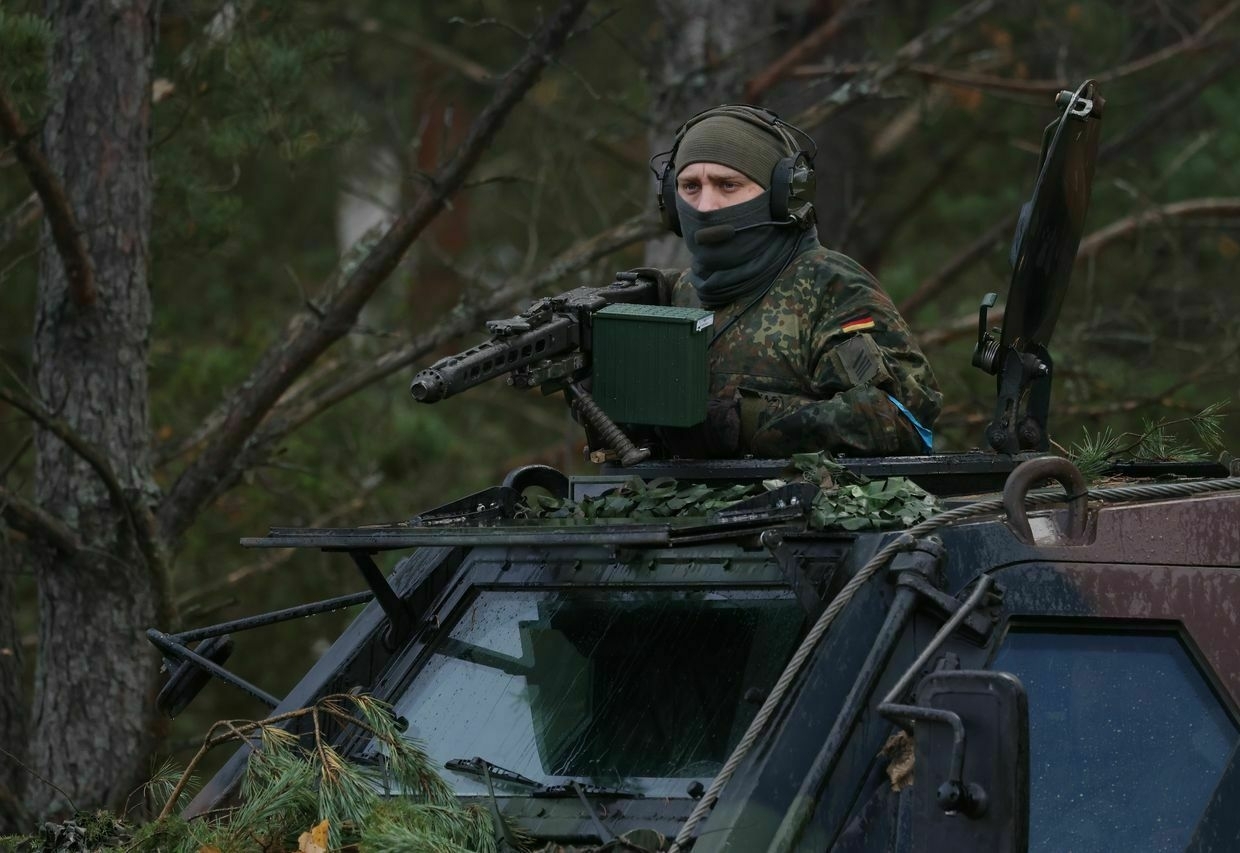
NATO is rolling out a new satellite surveillance system designed to monitor military activity in Ukraine and along the alliance’s eastern borders, senior commander Admiral Pierre Vandier told Bloomberg in comments published on June 12.
The initiative, named Smart Indication and Warning Broad Area Detection (SINBAD), will allow NATO to scan vast territories with unprecedented frequency, using AI-powered analysis to detect changes and alert allies to potential threats. The alliance has reportedly selected U.S. satellite imaging firm Planet Labs as the project’s key partner.
“Today, we’re not certain the Russians will stop at Ukraine,” Vandier said. “We’ll be able to tell them: we’re watching,” he added.
Vandier, who oversees the alliance’s battlefield innovations, emphasized that the ability to monitor troop movements and detect ceasefire violations has become a central concern for European allies, particularly as discussions continue around future peace frameworks for Ukraine.
Previously, French President Emmanuel Macron and British Prime Minister Keir Starmer initiated a so-called “coalition of the willing,” uniting countries that would back a potential peace agreement between Ukraine and Russia.
So far, at least 37 countries have been involved in the coalition’s discussions, with 15 reportedly ready to contribute their troops. Other members have been asked to provide other forms of support, including intelligence, arms, or naval support.
The launch of SINBAD comes as NATO seeks to boost its own capabilities in space surveillance, a field where the alliance has long relied heavily on U.S. assets. While the U.S. remains central to NATO’s space strategy, European allies are moving to reduce dependency, especially amid shifting U.S. foreign policy under President Donald Trump.
Trump has repeatedly cast doubt on the U.S. commitment to NATO, signaled intentions to reduce U.S. troop presence in Europe, and blamed Ukraine’s pursuit of alliance membership for provoking the war.
The alliance is also expected to endorse a new defense spending benchmark, 5% of economic output, with 3.5% for core defense and 1.5% for related sectors, at its upcoming summit in The Hague on June 24–25.
President Volodymyr Zelensky confirmed that Ukraine has been invited to attend the NATO leaders' summit. “We were invited to the NATO summit. I think this is important,” Zelensky said during a June 2 press conference.
Zelensky noted ongoing discussions with NATO Secretary General Mark Rutte and other alliance officials on Ukraine’s potential role and outcomes at the summit.
 The Kyiv IndependentMartin Fornusek
The Kyiv IndependentMartin Fornusek
